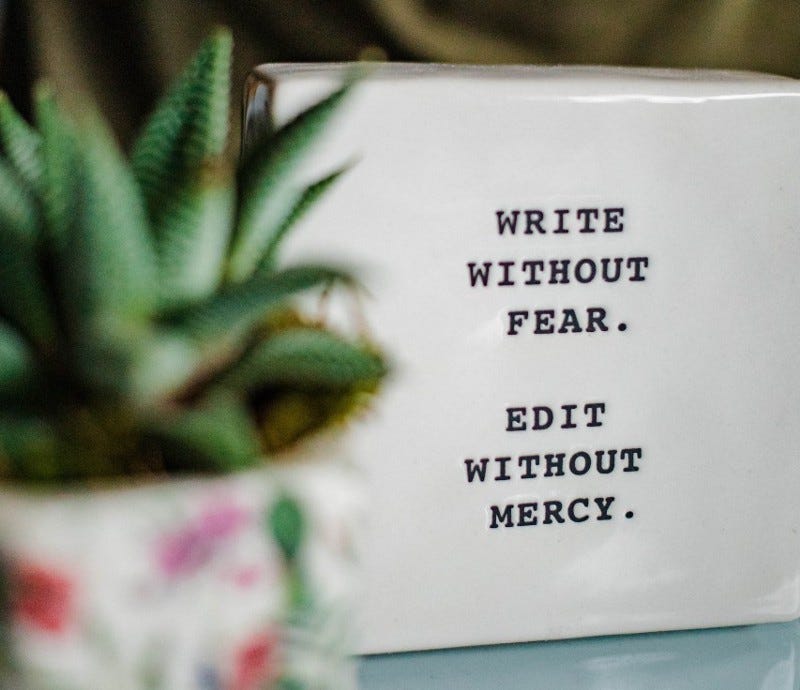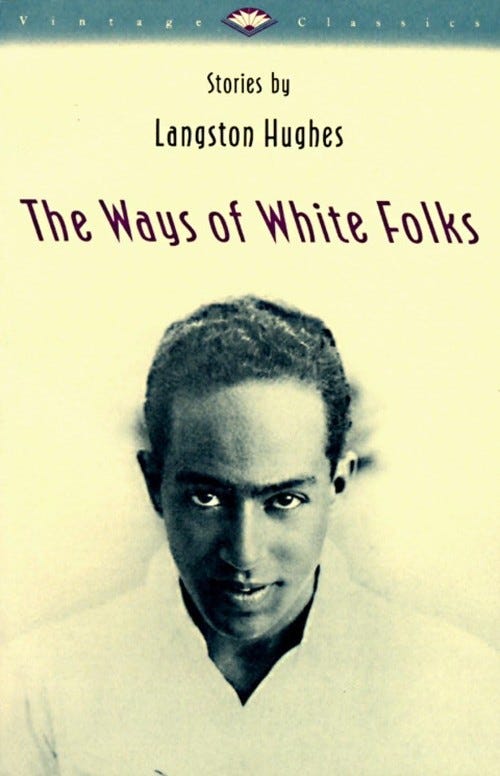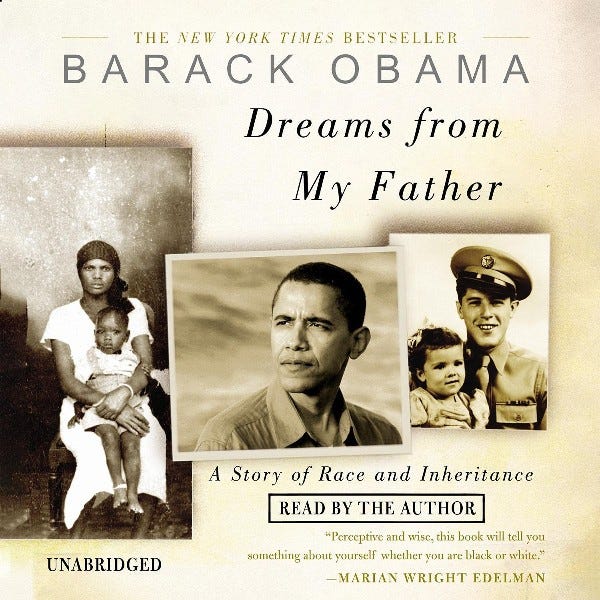10 hard lessons I learned as a black journalist
My love-hate relationship with the news industry

This week, the media is getting an annual job evaluation, and it’s the first time I’ve ever looked forward to hearing one. Whether you’re an avid listener of Roy Wood Jr.’s “Beyond the Scenes” or Jon Stewart’s “The Problem With Jon Stewart,” it’s somewhere between frustrating and satisfying to hear women journalists and black journalists (“Beyond the Scenes” had both) talk about their lived experiences in broadcasting and news print.
I listened to their conference room stories and live conversations, and I wasn’t quite sure how I felt about them at first. Unfortunately, I could relate to some of their worst memories. Fortunately, I could also smile and feel all warm, thinking of some of their best memories. While I still use my journalism background on an everyday basis (although Medium and Substack are mainly used for op-eds) for private clients, I can’t say I miss traditional newsrooms. I’m glad I was in them and learned a ton of information to pay my bills nowadays, but there are some moments in time that I could’ve done without.
Recommended Read: “Does My Editor Understand My Audience? ~ Know your marketing deal-breakers ahead of time”
Here are 10 lessons I learned as a black woman working in traditional newsrooms. (Note: The newspapers will not be mentioned, but if you’re nosey enough, it’s not hard to figure out.)
ADVERTISEMENT ~ Amazon
As an Amazon affiliate, I earn a percentage from purchases with my referral links. I know some consumers are choosing to boycott Amazon for its DEI removal. However, after thinking about this thoroughly, I choose to continue promoting intriguing products from small businesses, women-owned businesses and (specifically) Black-owned businesses who still feature their items on Amazon. All five of my Substack publications now include a MINIMUM of one product sold by a Black-owned business. (I have visited the seller’s official site, not just the Amazon Black-owned logo, to verify this.) If you still choose to boycott, I 100% respect that decision.

1. Understand that some of your pitches will fall on deaf ears, simply because people just have no interest in knowing anyone who is not “mainstream.”
I was ecstatic to meet R&B legend Anthony Hamilton. I felt like I struck the lotto to interview him and ran to the editor to pitch an entertainment story on him. She smiled as big as me and agreed. About an hour later, after she’d spoken to another editor, that editor came over to congratulate me for getting this story. She told me it’d be a featured story on the website, their plans to share it with a partner site and wanted to know how I managed to get tickets to see his “play.”
I was confused about the use of the word “play.” After a couple of minutes, I realized she and the other editor zoomed in on the name “Hamilton” and thought I was referring to the Lin-Manuel Miranda creation. I corrected them, stating my interview was with the Grammy-winning recording artist. Their response, “Oh, well, never mind then.” I went to the concert and did the interview anyway. He got minimal coverage on the site.
I had an absolute blast meeting him and shared it on my own platforms. This year, I couldn’t have been prouder at the way people lost their shit to see he and Musiq Soulchild battling on “Verzuz.” My guess is those same two women “magically” knew who he was — all because of a play I have never had the desire to see.
Recommended Read: “The diversity question all graphic designers should answer ~ Does this material match our target client base?”
2. There will be moments where you’ll deal with editors who don’t even understand just how racist their comments are.
President Barack H. Obama had just won his second term in office on MLK Day. I was updating the travel section of the news site and posted a cool feature story about the new (at the time) Martin Luther King Jr. Memorial in Washington D.C. A few minutes later, someone switched my MLK story out with an alligator attack story. I switched it back. I was called into the office by my boss to complain about me changing the story. I pointed out the significance of today.
ADVERTISEMENT ~ Amazon
As an Amazon affiliate, I earn a percentage for every purchase with my referral link.

He said the alligator story was getting more clicks. I reminded him that news should be about more than clicks, and this was an extremely relevant story for the presidential election. He said all of the Obama news and MLK Day alerts were “oversaturated” on the site — while sipping coffee from his St. Patrick’s Day mug. I stared at the mug. He looked at me staring at the mug. I left the office. The MLK travel story stayed put.



